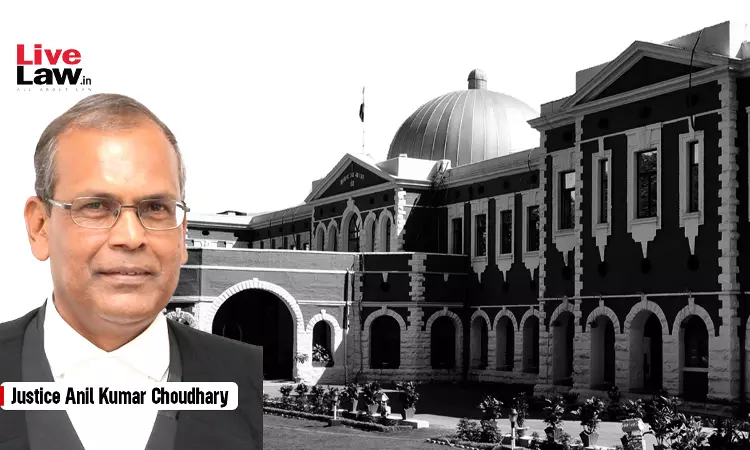While hearing a cheque bouncing case, the Jharkhand High Court has reaffirmed that cognizance of offences under Section 142 of the Negotiable Instruments (NI) Act does not require a report to the police nor empowers the court to direct the police to investigate the complaint. The court further clarified that under Section 142(1)(a) of the NI Act the cognizance of an offence punishable...

